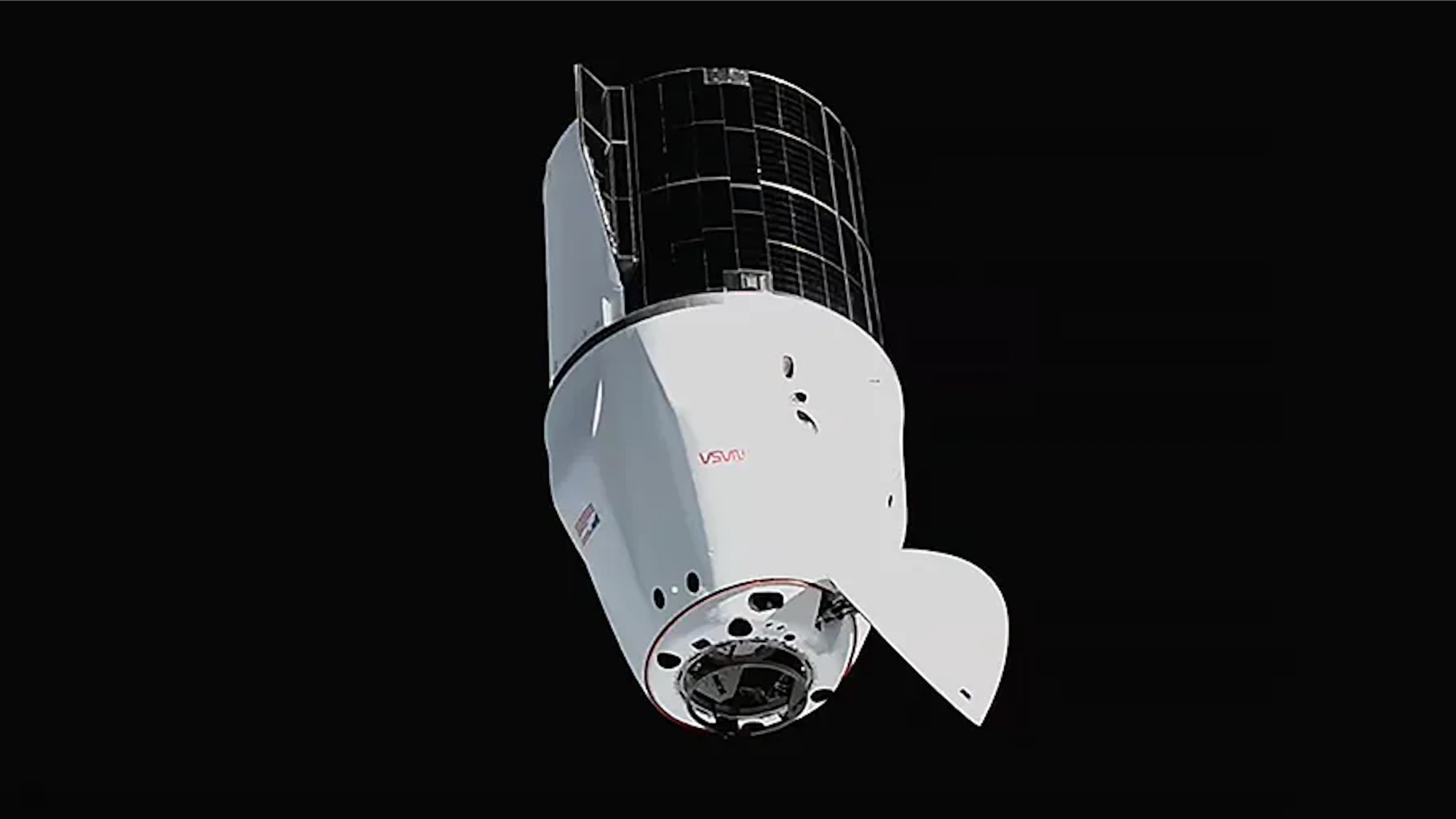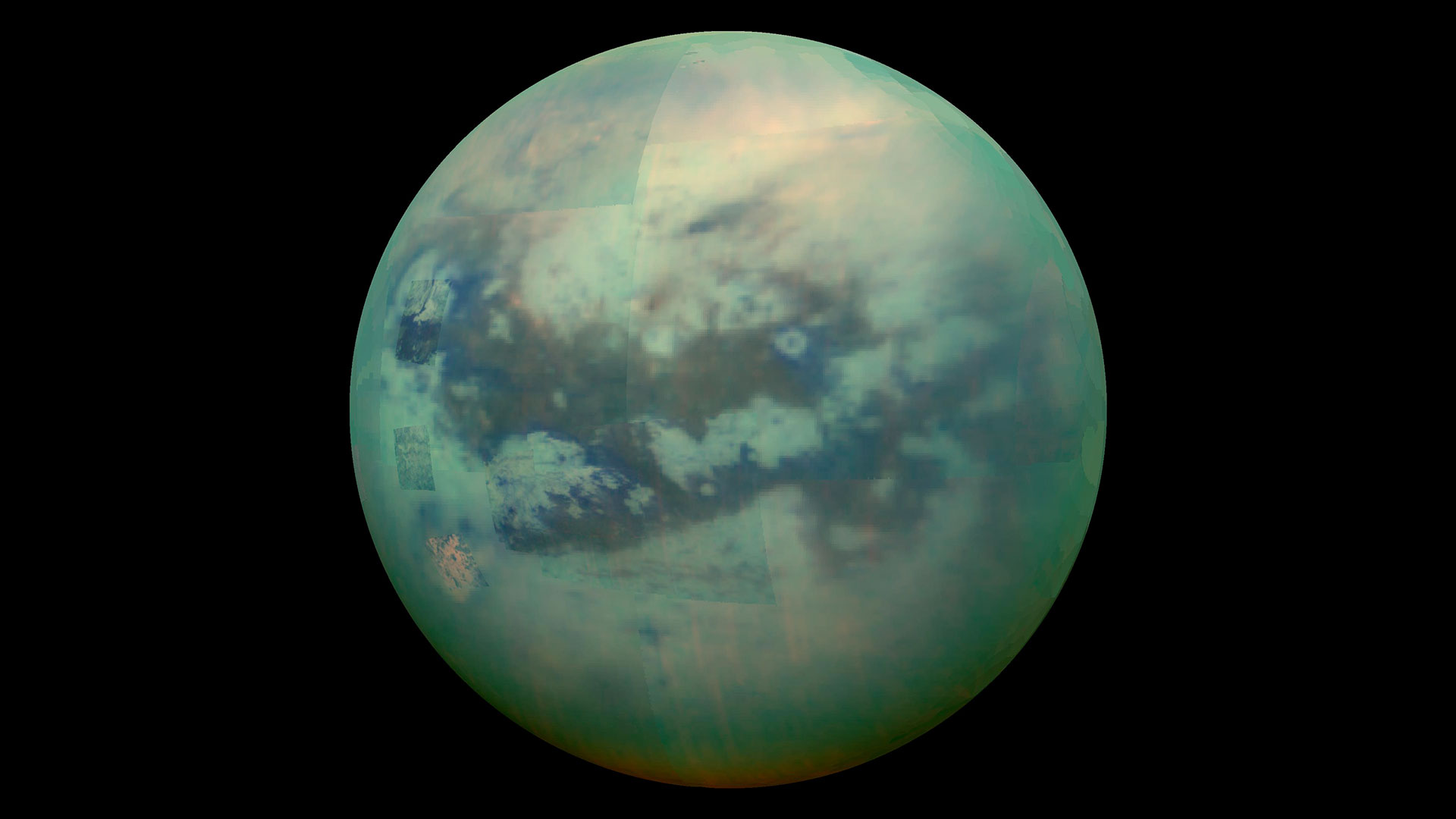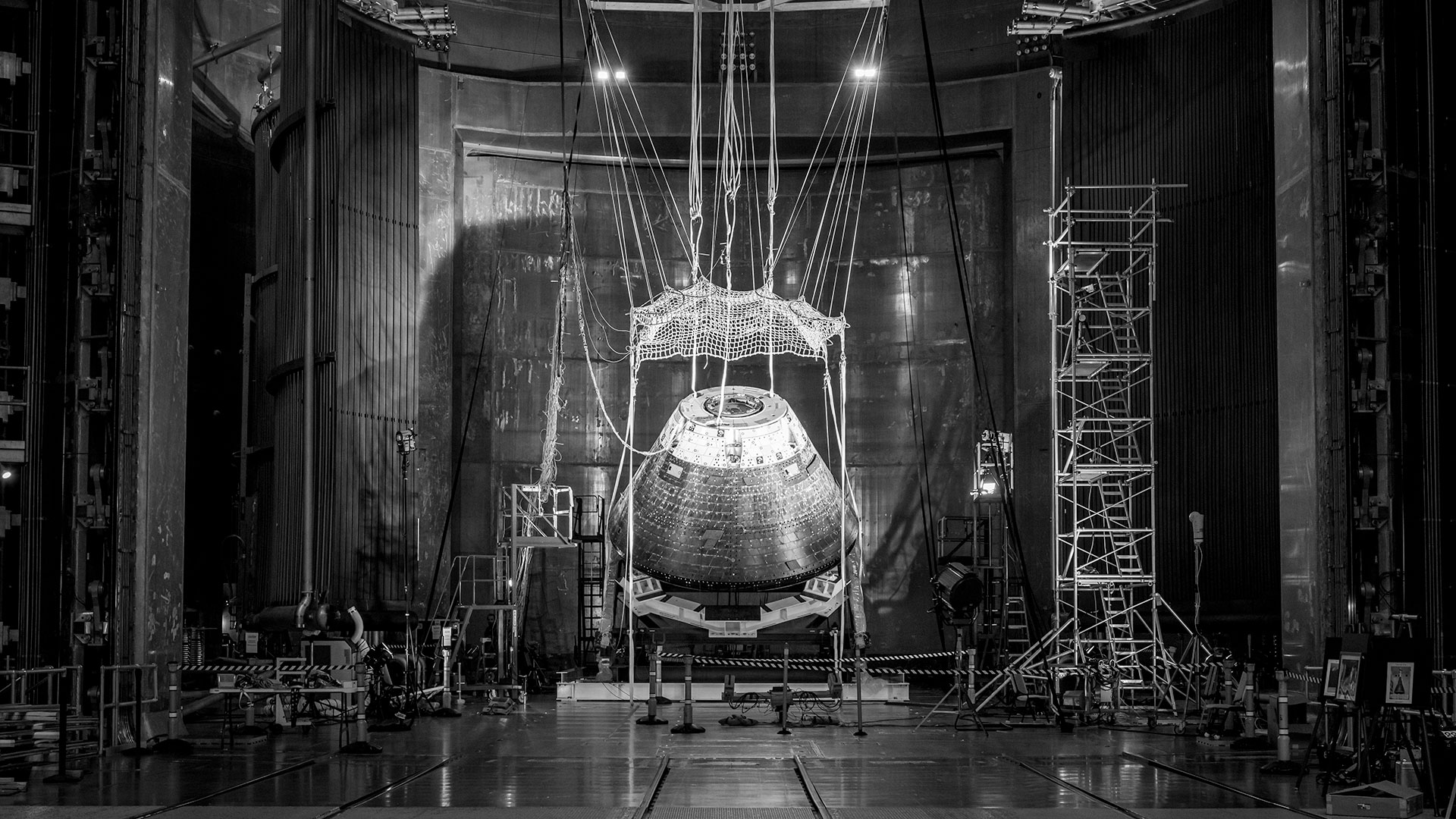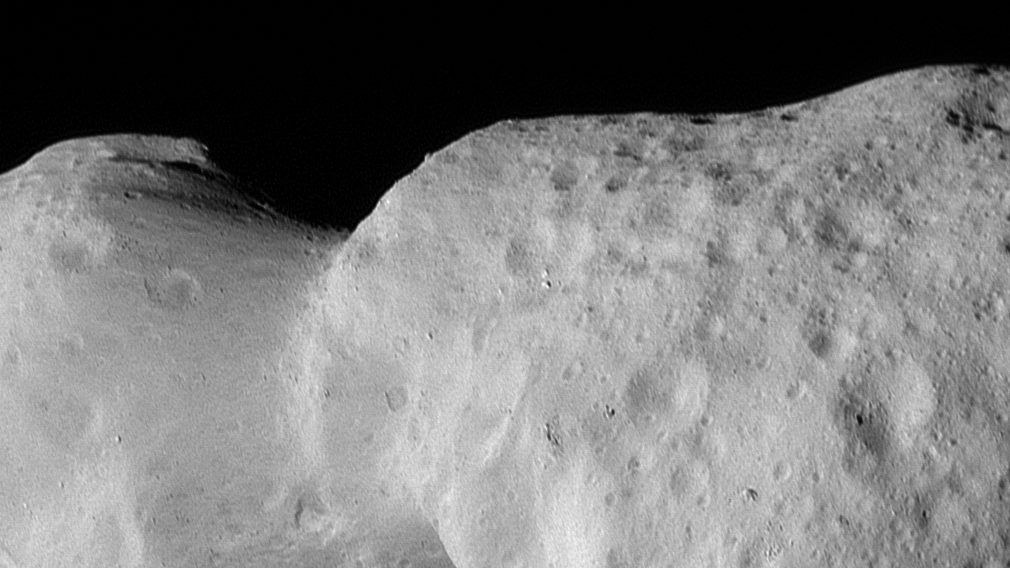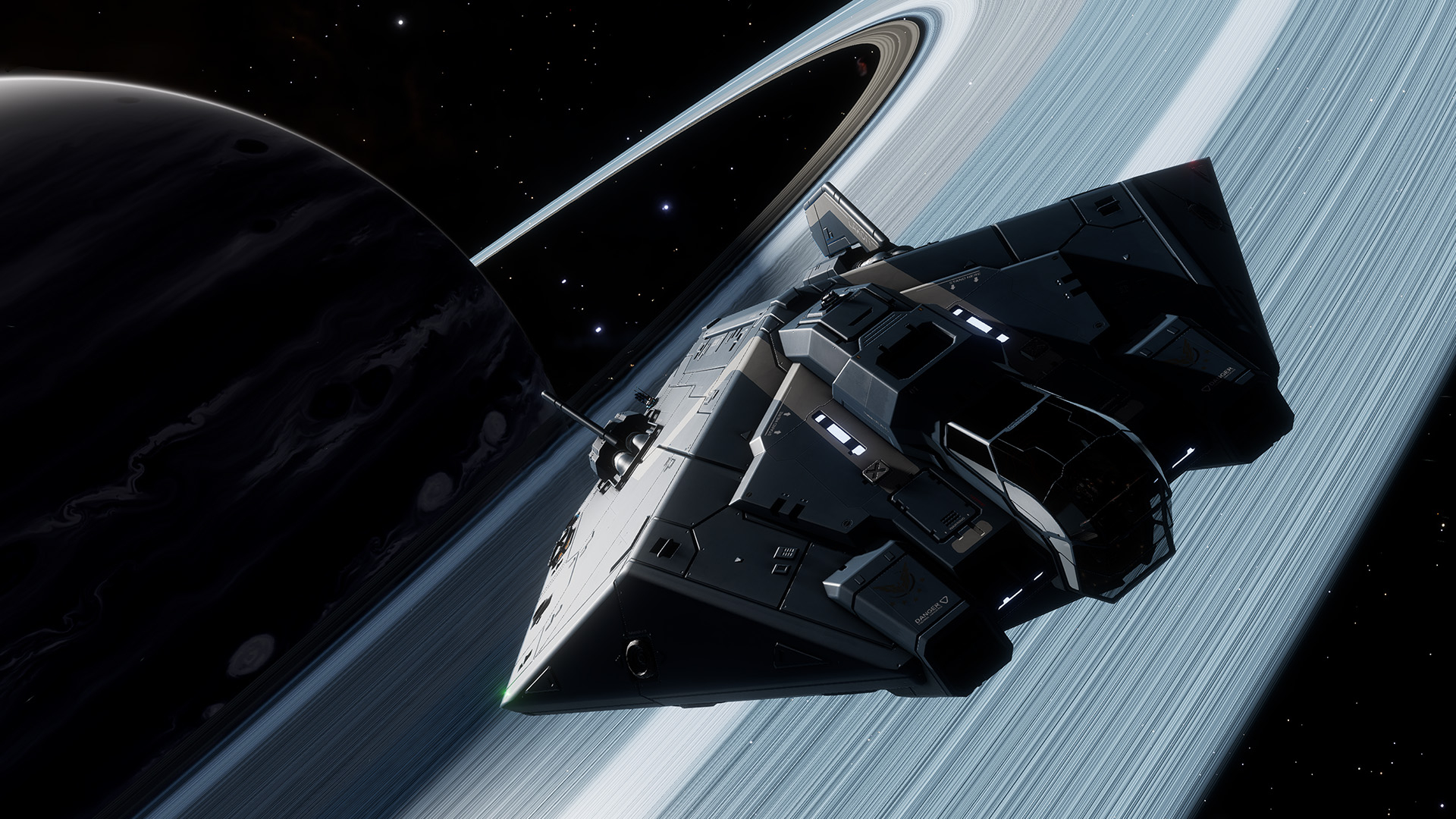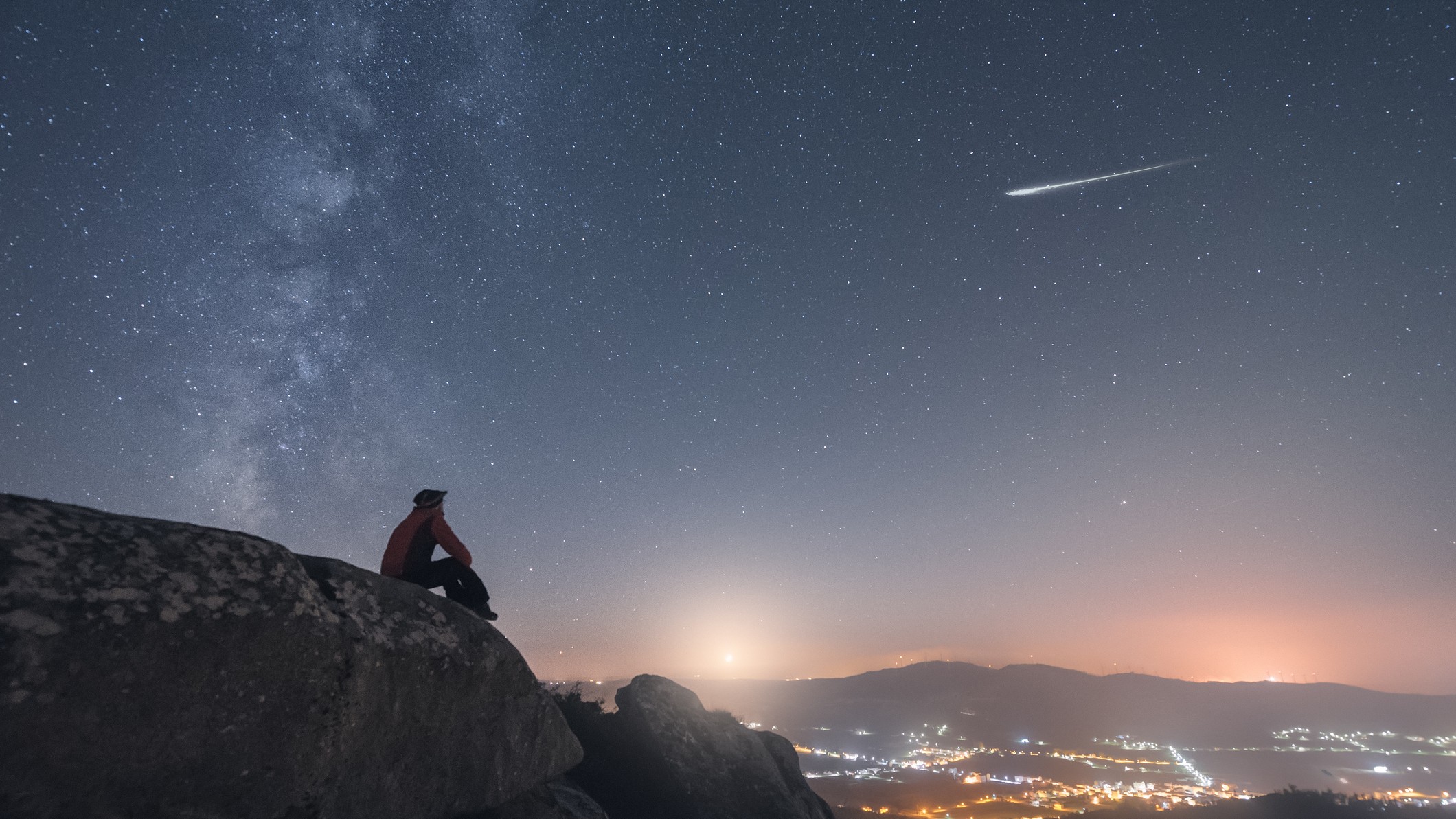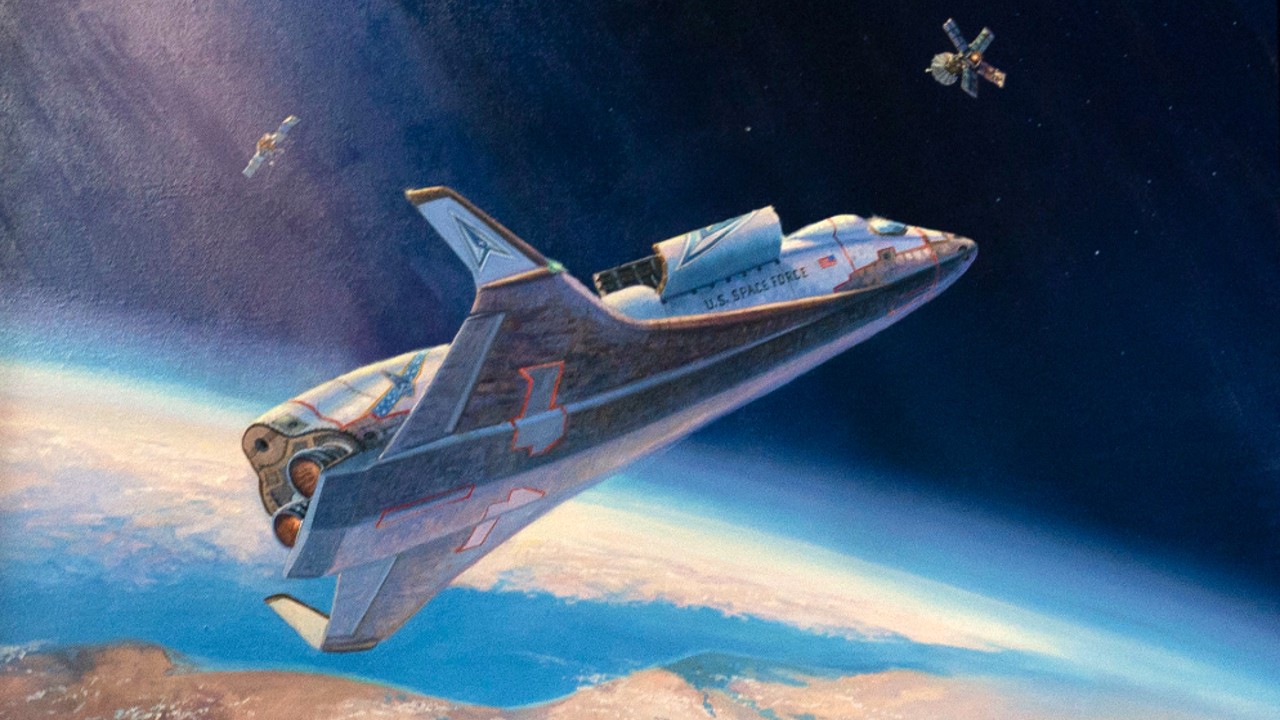SpaceX Puts New Rocket Through Launch Pad Paces
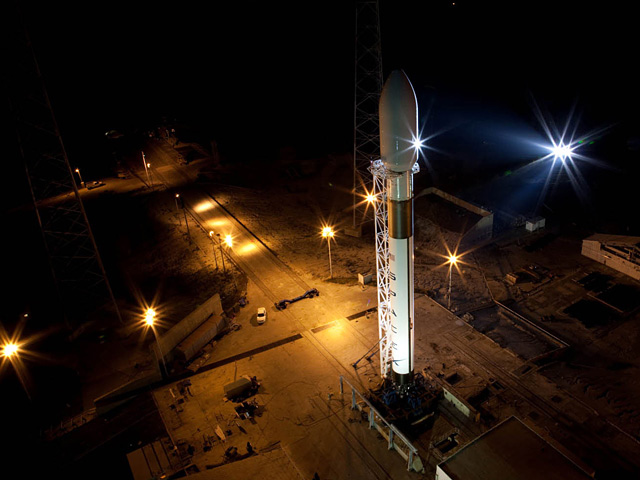
The firstof a new breed of commercial rockets built by the firm SpaceExploration Technologies (SpaceX) is getting a workout at its Florida launchpad.
TheHawthorne, Calif.-based SpaceX raised its first Falcon 9 rocket into a verticallaunch position on Saturday at Florida?s Cape Canaveral Air Force Station tobegin tests that the firm hopes will set the stage for an inaugural liftofflater this year. The Falcon 9 was hauled back down on Monday as SpaceX pushesthrough launch preparation paces.
?The rocketwas lowered today, but we will be going vertical again later in the week todemonstrate operational responsiveness and to collect additional data fromvehicle instrumentation,? SpaceX spokesperson Emily Shanklin told SPACE.comMonday.
The newFalcon 9 rocket is the launch vehicle of choice for SpaceX?s planned Dragon spacecraft,which the firm is building to haul NASA cargo to and from the InternationalSpace Station. But SpaceX is also building the Falcon 9 to launch payloadsspaceward for other customers.
Engineers finishedassembling the rocket at the launch site on Dec. 30, then built its launchsupport structure to raise the booster last week, hitting each milestone a dayor two early.
"Thisentire process has helped us validate key interfaces and operations prior toexecuting our launch campaign with the vehicle in its final flightconfiguration," said SpaceX CEO Elon Musk in a statement. "Weencountered no show-stoppers or significant delays. I am highly confident thatwe will achieve our goal of being able to go from hangar to liftoff in under 60minutes, which would be a big leap forward in capability compared with the daysto weeks required of other launch vehicles."
SpaceX?sFalcon 9 rocket is a booster designed to launch the Dragon spacecraft and othermedium-sized payloads from Space Launch Complex 40 at the Cape Canaveral AirForce Station. The two-stage booster stands 180 feet (54.9 meters) tall and is17 feet (5.2 meters) wide at its widest point. It took SpaceX workers about 30minutes to haul the Falcon 9 booster into launch position on Saturday.
Get the Space.com Newsletter
Breaking space news, the latest updates on rocket launches, skywatching events and more!
"Any engineeredsystem has requirements that can only be recognized through actual assembly ofreal hardware," said Brian Mosdell, SpaceX?s director of Florida launchoperations. "This rapid integration and stand-up provided our engineersand technicians with invaluable insights that will greatly streamline ourefforts towards the first Falcon 9 launch in 2009."
The first Falcon9 rocket could make its launch debut by spring, SpaceX officials have said. Thefirm successfully test-fired the booster?s first-stage rocket engines last yearto check their performance for their full flight duration. SpaceX also celebratedthe first successful launch of its smaller Falcon 1 rocket in September2008 after three failed attempts.
SpaceX hasfive Falcon 9 launches slated for 2009. Those missions include a debut launchsponsored by a U.S. government customer which the firm is not naming, as wellas two demonstration flights for NASA?s Commercial Orbital TransportationServices program.
NASAawarded SpaceX a $1.6 billion contract last month to launch 12 cargo missionsto the International Space Station through 2016. SpaceX is one of two firmsthat nabbed the cargo contract. Orbital Sciences Corp., of Dulles, Va., was theother firm and pledged to launch eight cargo flights for $1.9 billion.
- Video - SpaceX's Falcon 1 Rocket Success!
- Video: ATV's Successful Mission
- Future of Flight: Space Tourism, Investment and Technology
Join our Space Forums to keep talking space on the latest missions, night sky and more! And if you have a news tip, correction or comment, let us know at: community@space.com.

Tariq is the Editor-in-Chief of Space.com and joined the team in 2001, first as an intern and staff writer, and later as an editor. He covers human spaceflight, exploration and space science, as well as skywatching and entertainment. He became Space.com's Managing Editor in 2009 and Editor-in-Chief in 2019. Before joining Space.com, Tariq was a staff reporter for The Los Angeles Times covering education and city beats in La Habra, Fullerton and Huntington Beach. In October 2022, Tariq received the Harry Kolcum Award for excellence in space reporting from the National Space Club Florida Committee. He is also an Eagle Scout (yes, he has the Space Exploration merit badge) and went to Space Camp four times as a kid and a fifth time as an adult. He has journalism degrees from the University of Southern California and New York University. You can find Tariq at Space.com and as the co-host to the This Week In Space podcast with space historian Rod Pyle on the TWiT network. To see his latest project, you can follow Tariq on Twitter @tariqjmalik.
